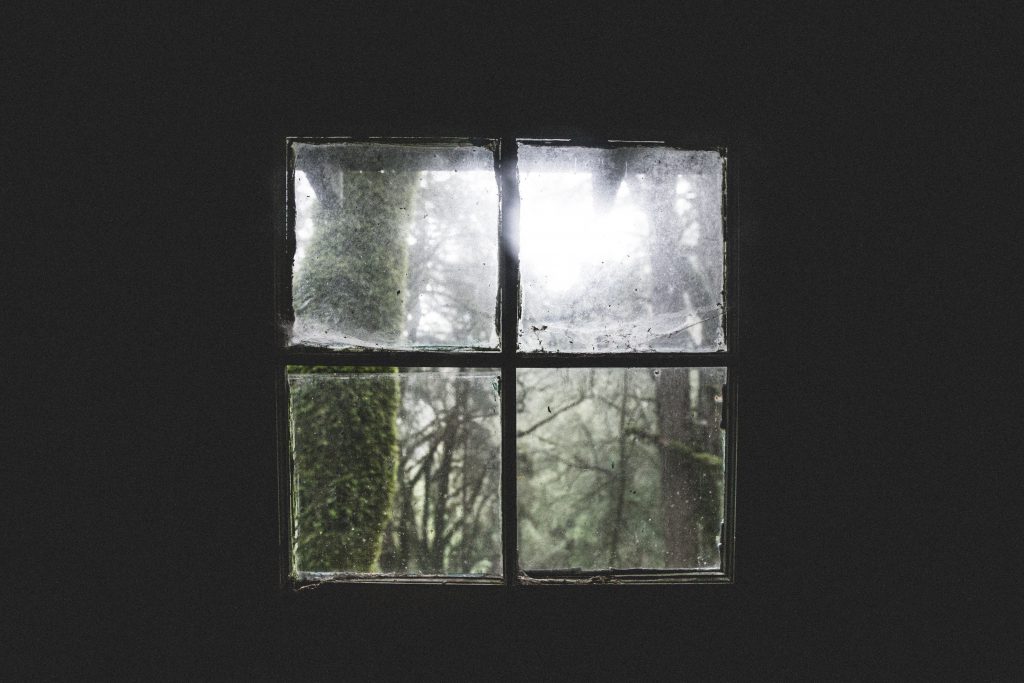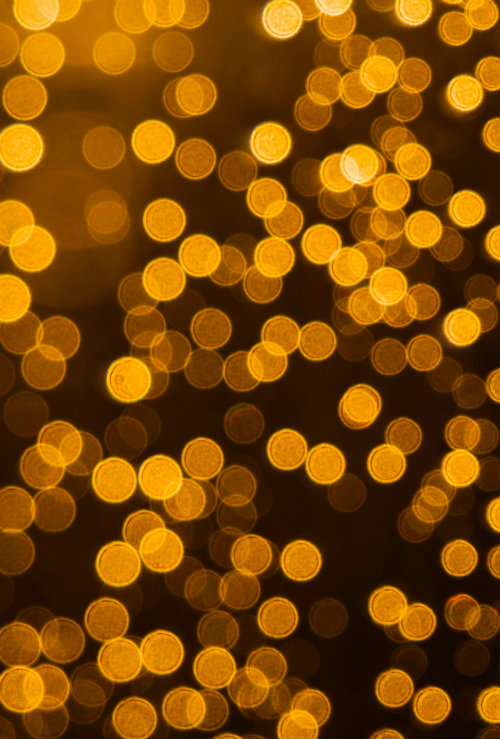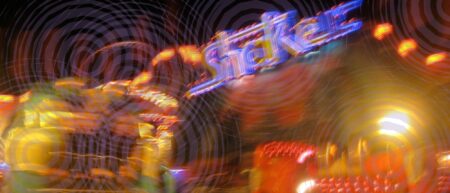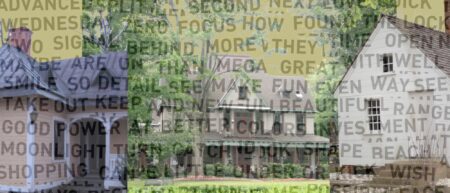 As a five-year-old, I had this recurring nightmare about a giant, hairy monster lumbering down the street towards my bedroom window. If you’re of a certain age, you might remember Gossamer from the Bugs Bunny cartoons. A bright red, broad shouldered, made-up-entirely-of-hair monster with oval eyes and sharp claws. And white tennis shoes. He was terrifying. And he came for me every night.
As a five-year-old, I had this recurring nightmare about a giant, hairy monster lumbering down the street towards my bedroom window. If you’re of a certain age, you might remember Gossamer from the Bugs Bunny cartoons. A bright red, broad shouldered, made-up-entirely-of-hair monster with oval eyes and sharp claws. And white tennis shoes. He was terrifying. And he came for me every night.
He never got to my bedroom because I’d wake myself up and stay alert for hours. A sweaty, heart-thumping vigilance.
My first experience with anxiety. With displaced despair, rage and grief. The monster has haunted me throughout my life in one shape or another.
Like on November 8, 2016. Then January 20, 2017.
I cried through multiple sessions with my therapist. I thought it was because of the new monsters in office. How I was suddenly living in a country I no longer recognized. Or maybe it had been there all along and my ways of being in the world—my whiteness—had blinded me to how things really are.
Like waking up to find the monster already in bed with you.
But here’s the thing: at least these monsters are tangible. I can run my hands through their greasy hair and try to fight them. I’d become good at that over the years, resisting through seeming. Seeming happy. Seeming successful.
I’d “finished” my book—a memoir about a girl who experiences childhood trauma and the woman she constructs through marriage, motherhood, and mental illness—around the time of the election. By finished I mean, I came to the end of my draft. I had a ton of work ahead of me in revising, but it felt cathartic to accomplish such a feat in the face of the horror in our government. As if, you know, I had control over something.
Seeming like a writer.
I’d made a grand plan for revision starting in January 2017. It was all mapped out, as mapping and list-making and to-do’ing are my path to resilience. But I couldn’t do it. I could barely get out of bed. The monster sitting on my chest, making it hard to breathe. Once in college I’d seen a doctor and he told me I should try blowing into a paper bag when I couldn’t breathe like that.
My manuscript sat on my desk, taunting me. Unreturned emails. Twitter with its constant flag-waving and fist-pumping. The first real winter I’d experienced in Los Angeles so rain rain rain rain rain. No exercising, no house cleaning, no writing, no reading. No point of view.
I’m in psychotherapy for the first time and although I will take Freud to task for the whole penis-envy fixation, I have to say, this time I’ve approached the darkness from a different perspective. With the same advice I’ve had from some of my best writing teachers over the years:
The only way out, is through.
My depression is a sinkhole in the desert, filled with oily tar. Deep, endless black with iridescent blues and purples swirling. Placental. This is what the monster wanted all along, to heft me under my arms and lower me into it. I descend with the sucking sound that precedes oblivion. I am grotesque. I am forever alone. I am subjected to relive all the specific ways in which I have hurt people. It speaks to me, “This is where you belong.” But I can feel it tricking me, enticing me to stay.
In late February I suddenly felt like picking up a book again. Anne Sexton, always on my nightstand. Then a book written by a dear friend was published and I went to celebrate with her. What words can do. In March, I decided I could at least try poems again. Just a line or two. Then I remembered this odd fact I’d read, about how when ewes reject their lambs, farmers try all these crazy tricks to encourage attachment, like rubbing expelled birthing fluid over the newly born lamb. As if that could make it be loved. Before I knew it, a poem bloomed.
Fear and anguish. They are always here. They are monsters. They are unfinished books. They are black slicks in the sand. We can’t control them or un-elect them. But once we see them for what they are, we can manage them.
I don’t know what will happen with my book. Or with the monsters in Washington. I have a lot of hope on both fronts for resolution. I’m reluctant to say I feel “better” so for now I’ll just say I feel different. Like there’s more space around the darkness. A ledge I can sit on. And words to read and write.
 LISA MECHAM writes a little bit of everything and her work has appeared in Catapult, Amazon’s Day One, and BOAAT, among other publications. A Midwesterner at heart, Lisa lives in Los Angeles with her two daughters where she’s finishing a book about mental illness in the suburbs. @lmecham
LISA MECHAM writes a little bit of everything and her work has appeared in Catapult, Amazon’s Day One, and BOAAT, among other publications. A Midwesterner at heart, Lisa lives in Los Angeles with her two daughters where she’s finishing a book about mental illness in the suburbs. @lmecham



